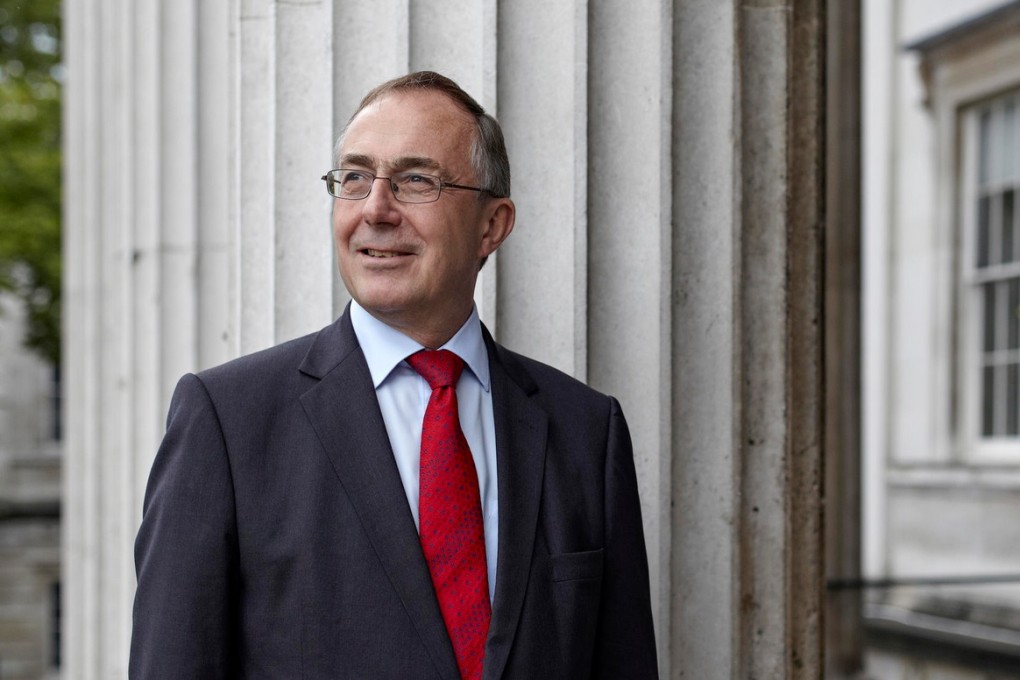Top academic says Britain lags behind the US in research and innovation

Britain ranks among the top study destinations for students from around the world, but it has much catching up to do in driving innovation, says a leading academic.
Michael Arthur, president of University College London (UCL), lauds Silicon Valley and the east coast of the United States, where Harvard and Yale universities are located, as the world's leading centres of research and innovation.
There are so many collaborations between both universities in the fields
"In sheer student number terms and quality of students, we might be first in the world, but there is more to it; in terms of relationship between research, innovation, spin-off companies and economic growth we have a way to go to catch up [with the US]," says the professor.
Increased support for innovation is crucial to Britain's competitiveness in the long run, he noted during a recent trip to Hong Kong to foster ties with alumni.
The latest figures from the British Council show that 5,460 Hong Kong students have applied to British universities for the coming academic year, an 8.11 per cent increase over the same period last year. There were a total of 10,550 Hong Kong students enrolled in undergraduate courses in Britain in 2012-13.
Many of those who made the grade are likely to have chosen UCL, a member of the Russell Group of 24 top research-led universities in the country. The Russell Group produces around one-third of all postgraduate students in Britain.
Arthur says it's very important to nurture undergraduates' research skills. These include problem-solving and communication skills, which he believes will benefit graduates for the rest of their lives. "I think we should try to produce graduates who are capable of contributing widely to society," he says.